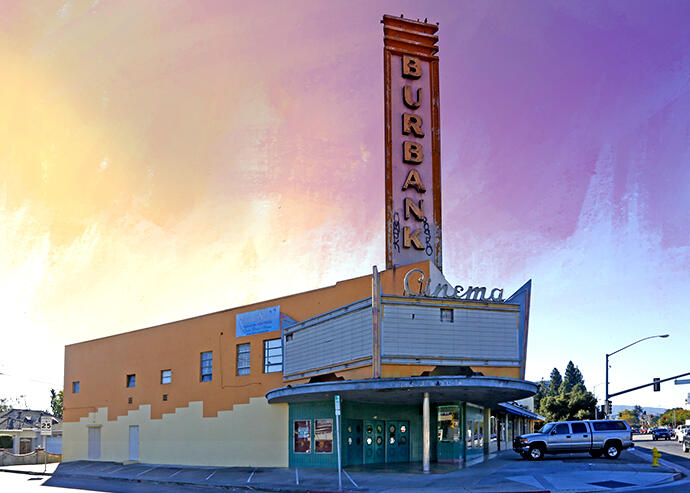Burbank Economic Strategic Plan Sets Permit Streamlining as Goal #1

The Burbank City Council adopted a new five-year economic strategic plan.
The number one goal is to streamline permitting. If properly implemented, this will improve the members' business experience with the city.
What You Need to Know
The City of Burbank's economic development plan aims to create a strong job market, bring in new companies, and make life better for people who live there.
They have six main goals, like making it easier to get permits, giving more help to small businesses, and improving marketing.
Additionally, it aims to foster innovation, utilize vacant spaces effectively, and promote growth in key industries like creative sectors, tourism, healthcare, and higher education.
How it Impacts You
Burbank is working to make it easier for businesses to get permits. They want businesses to do well. Their plan will have clear goals for making the permit process smoother.
- A dedicated liaison will be in charge of coordinating efforts among City departments to speed up issuing permits.
- The liaison will directly connect with the City Manager's Office to fast-track property projects.
- Both city staff and contractors will receive training to help them process permits faster and support development projects efficiently.
- Engagement with key stakeholders will showcase Burbank's commitment to business growth.
Our members' main business difficulties are historically long permit timelines and difficult customer service.
When they're trying to update their buildings to attract tenants, these challenges can hold them back. So, we need these goals to be successful.
Stay Connected
We are very happy to see Burbank commit to these economic improvement goals. Our letter to the city council underscored how important permit streamlining and good customer service is to us.
Additionally, the letter emphasized the need for the city to invest in the follow-through of these goals.
We are concerned about the city’s view that hotel taxes may need to be increased. It would be better for the city to leverage its relatively low transient occupancy tax to draw more visitors rather than try to “catch up” its tax with surrounding cities.
As we continue our advocacy in the city, we pay close attention to the city’s strategies for funding its goals too.
We will continue to follow the city’s progress and seek opportunities for collaboration. Follow BOMA on the Frontline for the latest updates.

